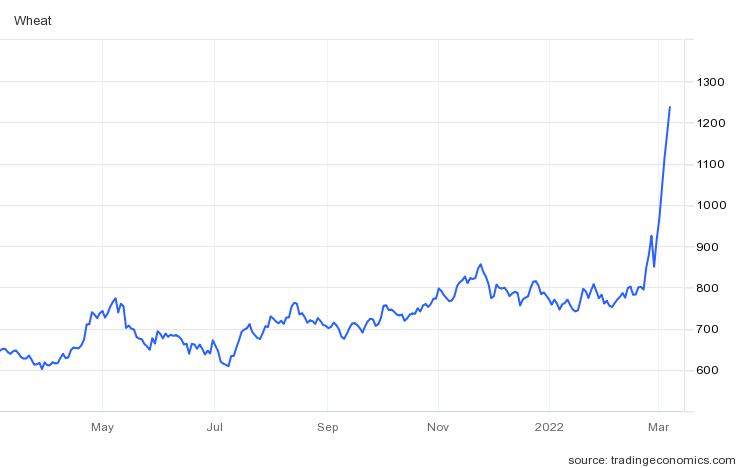One of the many benefits of attending talks, and conferences I realized this week, is the connections they make. Discussions, sometimes in completely different areas, can magically join up to spark new ideas and insights. Sometimes in unexpected ways.
Conference catch up
As an example this weekend I have been catching up on the New Scientist Live discussions from Manchester the week before (I admit it, I do like a bit of science discussion).
One talk was at the minuscule level – the Muon g-2 experiment at Fermilab. New results could point to the discovery of new physics which could explain some of the missing matter in the universe…
The other was on a huge scale – black holes. It seems that Black holes, mathematically at least, could be portals to infinite spaces within them. An entire additional universe could be inside one apparently.
So my mind was buzzing, are we all living inside a black hole, infinitely devisable in space and time, and does this now explain some of the missing matter in the universe?…. Somehow, tantalizingly, the two talks seemed linked…
Cross-Pollination
Now, I know people much brighter than me are working on this topic already (it is a pretty big topic in Physics already), but in my own universe, it did serve to illustrate the value of listening to multiple talks, on multiple topics, back to back in a forum such as a conference. It can really help to spark ideas and new ways of understanding.
This week of course is also Credit Week, with the Credit Summit on Wednesday. The following week (and in a shameless plug), we have the Online Lending Technologies Think Tank. So we are not short for similar events to spark our imagination.
The last few days I have been debating whether to go on Wednesday (££), although I will, of course, be there next week at the Credit Connect event and I am thinking about how can we shake up the conversations to spark ideas for folks. Any extra ideas, topics, or suggestions, let me know in the comments below.
Tangential ideas
A related thought on this topic was from a comment made in a conversation about Income & Expenditure, on contact rates.
Outside some I&E capture tech, which I did find pretty impressive on many levels, the comment was made in passing, that contact attempts are about how you spark interest in the customer in speaking with you.
I know we know this, but it also sounded very much like marketing, which set me thinking about which marketing techniques could we also use to trigger customers to engage and talk with us?
The collections solutions pipeline
Collections can be considered a sales and marketing process, We have heard this before. But maybe it could also, more accurately, be broken down as follows
- Getting in contact – a marketing process, to generate interest in engaging
- Finding the right support solution – a sales process to help customers navigate support solutions
- An operational fulfilment process to make sure the solution selected actually works well.
So what can we learn, from these established processes, from other industries?… digital marketing techniques, the use of data, A/B testing, message personalization, SPIN Selling, Conceptual Selling, Customer-Centric Selling, Lean Management, Six Sigma, Agile… we don’t necessarily have to re-invent the wheel, there is a lot there already.
Well, that solves my reading list for next week… certainly something to think about.
Maybe see some of you on Wednesday… but certainly do sign up for the following week!
Have a good week everyone.
(Post note, a final comment on affordability crisis. Martin Lewis has just said this is going to be an absolute rather than relative poverty issue in the UK. I share his concerns on the potential size of the impact we could see and while his point was it could be so significant we may run out of tools to help, the government needs to step in, we also do need to get ready to help support customers, maybe at volume… our processes need to be robust and ready and we need to prepare)





